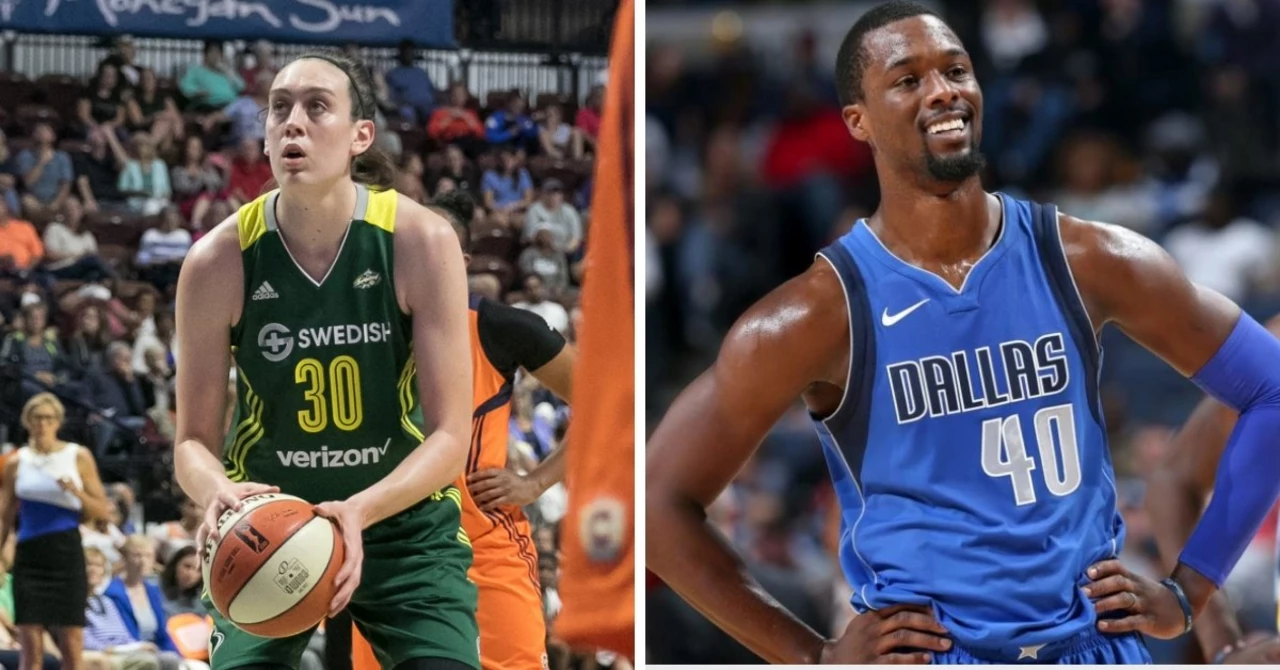Improvement in Sports: What Fans, Players, and Leagues Need Now
Every sports fan has that moment when they think, "This could be better." Whether it’s a messy college football playoff, a wage gap in the WNBA, or a coach who’s been around too long, there’s always room for improvement. Below we break down the biggest pain points and give you straight‑forward ideas that actually work.
Fixing the Game: Real Changes That Work
College football is a perfect example of a sport that needs a tune‑up. First, stricter academic standards would keep players focused on school, not just the field. Schools can set up dedicated tutoring hubs and make class attendance a part of eligibility. Second, financial reforms—like capping coaching salaries—stop a handful of programs from outspending everyone else. When the money is spread a bit more evenly, smaller schools get a real shot at competing.
Another hot topic is the playoff format. Expanding the bracket from four to twelve teams gives more programs a chance to prove themselves and keeps the season exciting until the very end. Fans love underdog stories, and a wider playoff makes those stories possible.
Health and safety can’t be an afterthought. Adding mandatory concussion protocols and limiting full‑contact practices reduces long‑term injuries. Schools that invest in modern equipment and medical staff see fewer player‑related lawsuits and better on‑field performance.
Beyond the Field: Paying Players What They're Worth
The WNBA debate shows how improvement isn’t just about rules; it’s about fairness. Raising salaries to a level that reflects the talent and effort of the athletes would attract more top players and keep fans engaged. Leagues can negotiate better broadcast deals, bundle sponsorships, and share a larger slice of revenue with the players. A simple revenue‑share model, like the NBA’s, would give players a direct stake in the league’s growth.
Fans also want transparent contracts. When players see exactly how their pay is calculated, trust builds between the league, the athletes, and the audience. This transparency can be paired with performance bonuses that reward playoff runs or community involvement, encouraging players to stay invested in the sport’s reputation.
Coaching changes are another form of improvement. When a program stalls, like the recent talk about Georgia football under Kirby Smart, it’s time to evaluate the big picture. Fresh eyes bring new strategies, new recruiting pipelines, and often a culture shift that reignites a team’s passion.
When evaluating a coach, look beyond win‑loss records. Consider player development, academic success, and how the program engages with the local community. A coach who builds a strong, supportive environment often creates long‑term success that far outweighs a single season’s title chase.
All of these ideas share one common thread: they put people first. Whether it’s a college athlete balancing school and sport, a professional player fighting for equal pay, or a fan craving a fair competition, improvement starts with listening and then acting on those concerns.
So next time you hear a complaint about a sport, ask yourself: what’s the practical fix? The answers are usually simpler than we think, and they’re right there in the conversations we’re already having. Let’s keep pushing for better rules, better pay, and better experiences—for everyone who loves the game.
Sports have evolved over time in order to become faster, more competitive, and more entertaining. With new technology, sports are redefining how they are played and watched. Football, basketball, hockey, and tennis have all seen improvements in speed, skill, and strategy over the years. Football has made significant advances in safety and awareness, while basketball has changed the way it is played and watched due to the increased use of analytics. Hockey has become faster and more physical, while tennis has seen changes to the court size and style of play. Overall, the advancement of technology has enabled sports to become more exciting than ever before.
View More




